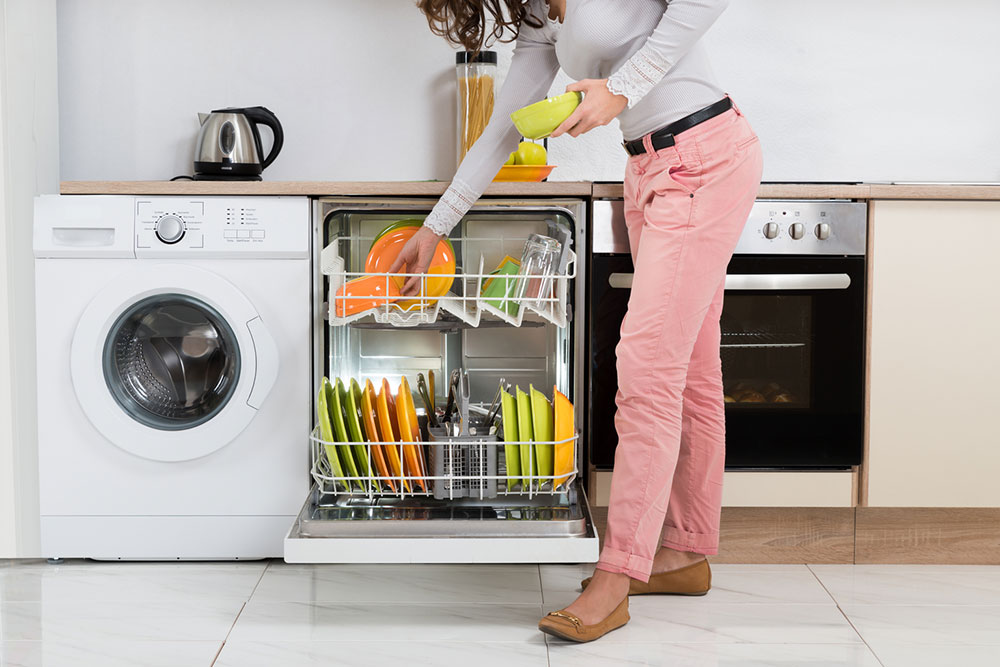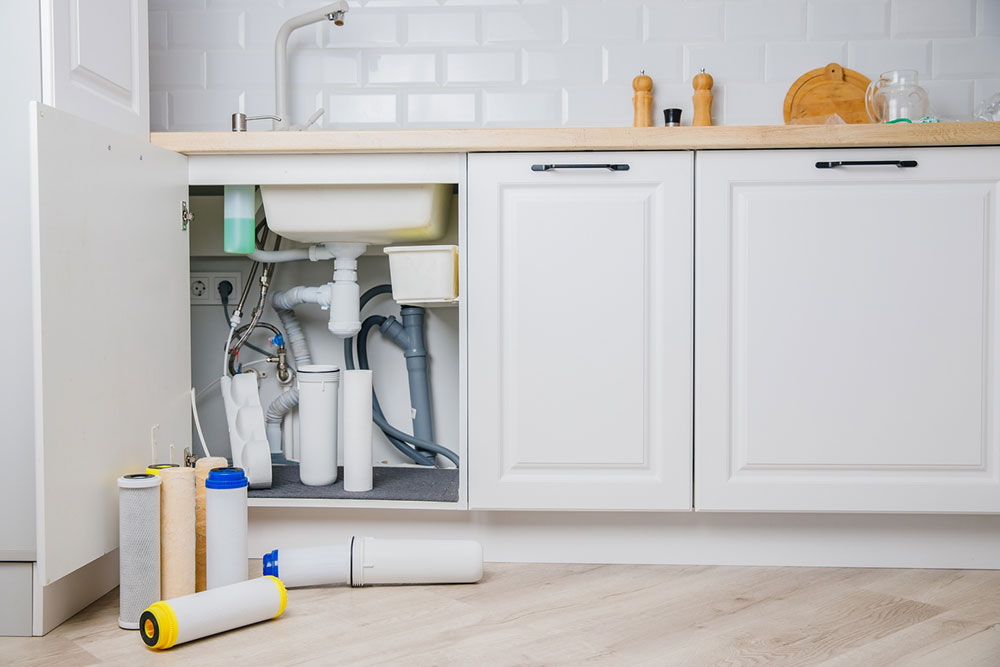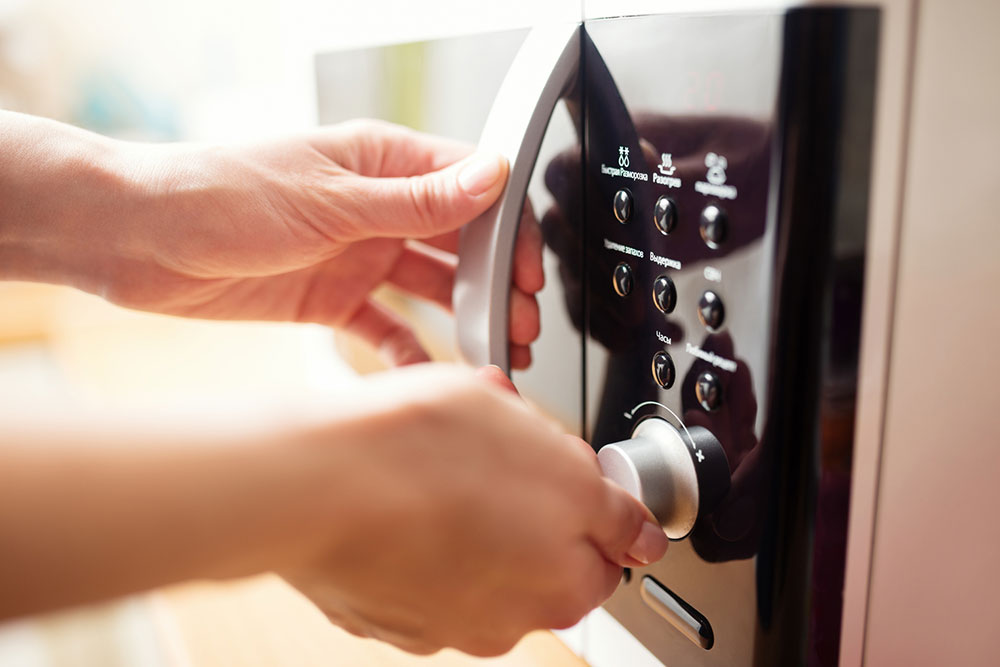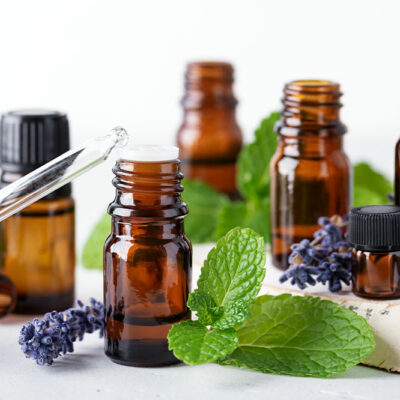
10 common dishwasher mistakes to avoid
Buying a dishwasher is an excellent choice, as it brings with it many benefits for one’s home. Whether one loves to prepare elaborate meals and doesn’t fancy washing up post-cooking or has a busy family and could do with a hand around the house, the appliance is the perfect time-saving solution. That said, like with any other appliance, a few mistakes, such as the ones mentioned below, can render it useless or reduce its life. 1. Overcrowding the rack Dishwashers can easily clean kitchenware, provided one does not overcrowd it. Too many dishes can cause detergent and water to get lodged in the crevices of the dishwasher. When this happens, the dishes are not going to be cleaned evenly. Spacing out items is the best way to ensure the load is adequately cleaned. 2. Failing to clean the dishwasher’s seal Individuals should pay attention to the lining of the dishwasher’s door. Grime and mold accumulating on the seal can compromise its functionality and leave air gaps. If this happens, one may notice food slime, detergent, water, and other residue slowly creeping out of the gaps, which could be annoying to clean up. It is important to periodically wipe the seal and check for damages to ensure it does not leak and improve the dishwasher’s durability.
Read More 



